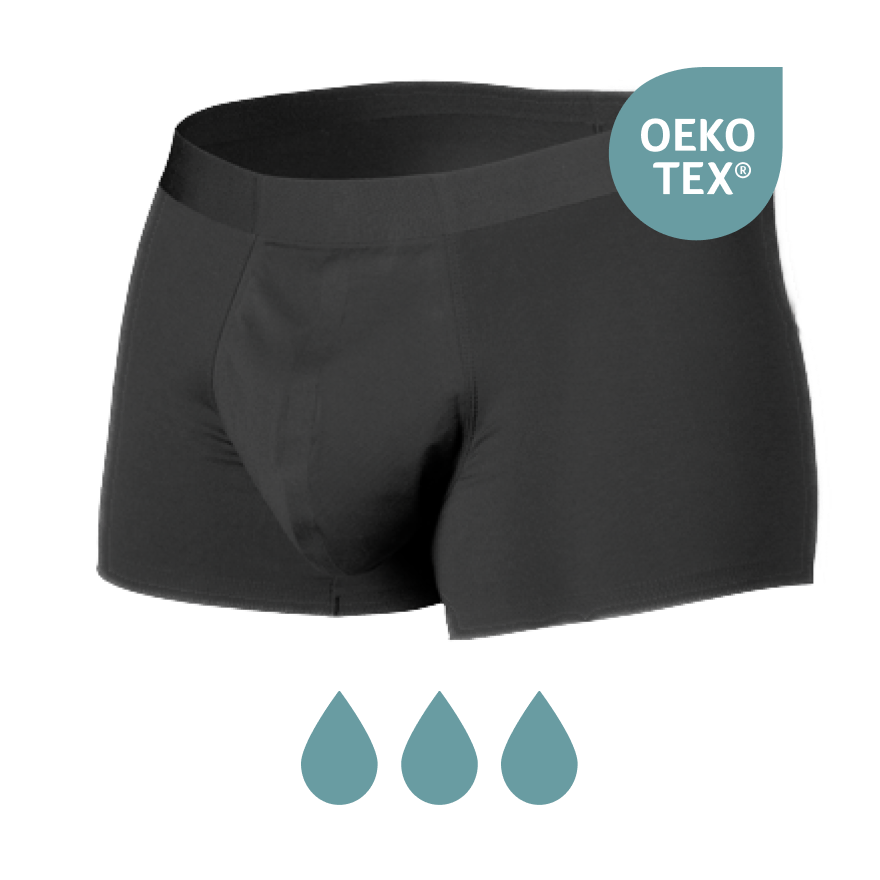Incontinence in women at night, also known as nocturne or nocturnal incontinence, can be a challenging condition that significantly influences the daily lives of women. It is important for women to understand that they are not alone in this struggle and that there are effective treatments available that can help them achieve a better quality of life. In this article we will explore various treatment options that can help to control incontinence in women at night.
Causes of incontinence in women at night
Before we respond to treatments, it is essential to understand the possible causes of incontinence in women at night. Common causes include weakened pelvic floor muscles, hormonal changes, urinary tract infections and neurological disorders. By determining the specific cause of incontinence, a more targeted approach can be developed for effective treatment.
Lifestyle adjustments
One of the first steps that women can take to control incontinence in women at night is making adjustments in their lifestyle. This can include avoiding caffeine and alcoholic beverages, regularly practicing the pelvic floor muscles, maintaining a healthy weight and avoid drinking large quantities of liquids just before bedtime.
Pelvic floor therapy
For women with incontinence problems, pelvic floor therapy can be an effective treatment option. This therapy includes learning specific exercises to strengthen and train the pelvic floor muscles, which can help improve control of the bladder function. A qualified physiotherapist can guide women in performing these exercises and help them reduce their symptoms.
Drug treatments
In some cases, medicines can be prescribed to treat the symptoms of incontinence in women at night. These drugs can help to reduce the frequency and the severity of loss of urine by regulating bladder function. However, it is important to note that drug treatments can have side effects and that they should only be used under the supervision of a doctor.
Surgical options
In severe cases of incontinence in women at night, when other treatments have not been effective, a surgical procedure can be considered. Surgical options for the treatment of incontinence can, among other things, install an artificial sphincter or repair damaged tissues to improve bladder function. These procedures are usually only recommended as a last resort when other treatments have failed.
Natural remedies
In addition to traditional medical treatments, there are also several Natural remedies (pumpkin seeds) They can help in controlling incontinence in women at night. This can include the use of herbal supplements such as cranberry extract, drinking enough water to rinse the bladder and avoiding foods that can irritate the bladder.
How to choose incontinence material for at night?
Choosing incontinence material for at night can depend on various factors, including the type of incontinence, the degree of absorption needed and personal preferences.
Conclusion
Incontinence in women at night can be a challenging condition, but there are various effective treatment options available that can help women control their symptoms and achieve a better quality of life. By making lifestyle adjustments, following pelvic floor therapy, considering drug treatments and exploring natural remedies, women can regain control of their bladder function and improve their sleep.















